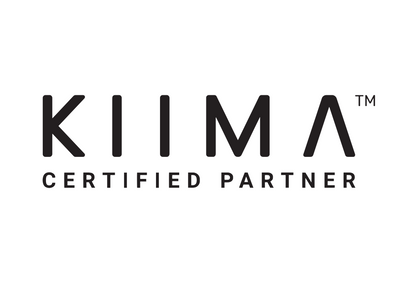The Aluminum Debate: Unveiling the Dangers of Aluminum in Deodorants
Jun 01, 2024
In the quest for odor control and freshness, deodorants have become a daily essential for many. However, amidst the myriad of ingredients listed on these products, one particularly controversial element stands out: aluminum. The use of aluminum compounds in deodorants has sparked intense debate due to its potential health risks. Let's unravel the negative effects of aluminum in deodorants and why consumers should be mindful of its presence in their personal care products.
Aluminum-based compounds, such as aluminum chlorohydrate and aluminum zirconium, are commonly used in antiperspirant deodorants to block sweat glands and reduce perspiration. While this may offer temporary relief from sweating and odor, the long-term consequences of aluminum exposure have raised significant concerns among health experts and consumers alike.
One of the primary concerns surrounding aluminum in deodorants is its potential link to breast cancer. Aluminum compounds are known to mimic estrogen, a hormone that plays a crucial role in breast tissue development and function. By binding to estrogen receptors in breast cells, aluminum may disrupt hormonal balance and promote the growth of cancerous cells. While studies investigating the connection between aluminum exposure and breast cancer risk have yielded conflicting results, the possibility of aluminum contributing to breast cancer development remains a cause for concern.
Furthermore, aluminum has been implicated in neurotoxicity and cognitive impairment, particularly in relation to Alzheimer's disease. Aluminum has a high affinity for brain tissue and can accumulate in the central nervous system, where it may contribute to the formation of amyloid plaques characteristic of Alzheimer's disease. While the exact mechanisms by which aluminum exerts its neurotoxic effects are not fully understood, evidence suggests a potential association between aluminum exposure and cognitive decline.
In addition to its potential health risks, aluminum in deodorants has environmental implications as well. The mining and processing of aluminum ore require significant energy and resources, contributing to environmental degradation and ecosystem disruption. Moreover, the disposal of aluminum-based deodorant containers adds to the growing problem of plastic waste in landfills and oceans, further exacerbating environmental pollution.
Given these concerns, many consumers are seeking alternatives to aluminum-based deodorants. Natural and aluminum-free deodorants have gained popularity in recent years, offering a safer and more sustainable option for odor control. Formulated with plant-based ingredients like baking soda, arrowroot powder, and essential oils, these products effectively neutralize odor without the use of aluminum or other harmful chemicals.
By choosing aluminum-free deodorants, consumers can reduce their exposure to potentially hazardous ingredients and support eco-friendly personal care practices. Many natural deodorant brands prioritize ingredient transparency, ethical sourcing, and environmental sustainability, making them a responsible choice for health-conscious consumers.
In conclusion, the negative effects of aluminum in deodorants underscore the importance of ingredient awareness and informed consumer choices. From potential links to breast cancer and neurotoxicity to environmental pollution and plastic waste, the implications of aluminum exposure are far-reaching. By opting for aluminum-free alternatives and advocating for safer, more sustainable personal care practices, individuals can protect their health, the environment, and future generations from the hidden dangers of aluminum in deodorants.








